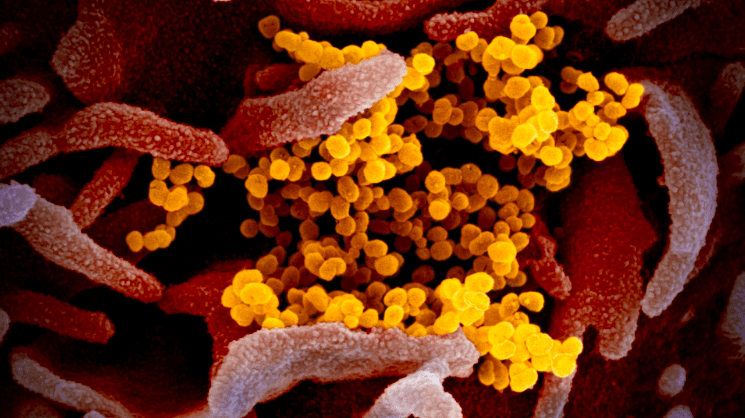The AstraZeneca vaccine has been under attack ever since the results of its phase three trials were announced in December. When the results of US trials were released this week showing 79 per cent efficacy against symptomatic disease and 100 per cent protection from serious cases of Covid 19 – and failing to show up any serious side-effects – it seemed to help bolster its reputation.
Yet some of that was undone by subsequent accusations by the US Data and Safety Monitoring Board that AstraZeneca may have included out of date data in its trial results. The company has been asked to come back and present new calculations, using data gathered from its study up until March, rather than data up until February.
Now another dark cloud has appeared over the AstraZeneca vaccine: a study appearing to show that it has limited efficacy against the South African variant of the SARS-CoV-2 virus, also known as B1315.
The study, by the South African Medical Research Council Vaccines and Infectious Diseases Analytics Research Unit and published in the New England Journal of Medicine, administered either the AstraZeneca vaccine or a placebo to South Africans. They were given two doses between 21 and 35 days apart and observed for symptoms of Covid-19 for at least 121 days after their second dose.
In that time there were 42 cases of Covid-19, 39 of which were caused by the B1315 variant. Of 717 given the placebo, 23 developed symptoms, compared with 19 of 750 given the vaccine. That suggested an efficacy of just 21.9 per cent against symptomatic disease – way below the 79 per cent efficacy measured in the US trials and far lower than the 50 per cent efficacy rate required, for example, for approval by the US Food and Drug Administration.
It is understandable why this should cause concern in Britain – even if the South African variant is not currently in wide circulation here. Given that around three quarters of those vaccinated in Britain so far have been given the AstraZeneca vaccine, it could mean that, as far as B1315 is concerned, we still have a largely unvaccinated population.
Laboratory studies have suggested that the Pfizer vaccine, too, could be less effective against the South African variant – although this, so far, is only from analysing the effect on the virus of antibodies sourced from the blood of people who have been vaccinated. We don’t yet have a real-life epidemiological study to test the effect of the Pfizer vaccine on the South African variant.
The South African trial looks worrying, but what we don’t know is how effective the AstraZeneca vaccine is at preventing serious cases of Covid-19. None of the 42 cases of Covid-19 in the South African study required hospitalisation. That is not altogether surprising, given that the participants were all aged under 65 and had a median age of 30. If the vaccine prevents serious illness from the South African variant – and it has already proved itself very good at preventing serious cases of disease in other countries where the South African variant is less prevalent – it would still be doing an extremely valuable job.
Got something to add? Join the discussion and comment below.
Get 10 issues for just $10
Subscribe to The Spectator Australia today for the next 10 magazine issues, plus full online access, for just $10.





















Comments
Don't miss out
Join the conversation with other Spectator Australia readers. Subscribe to leave a comment.
SUBSCRIBEAlready a subscriber? Log in